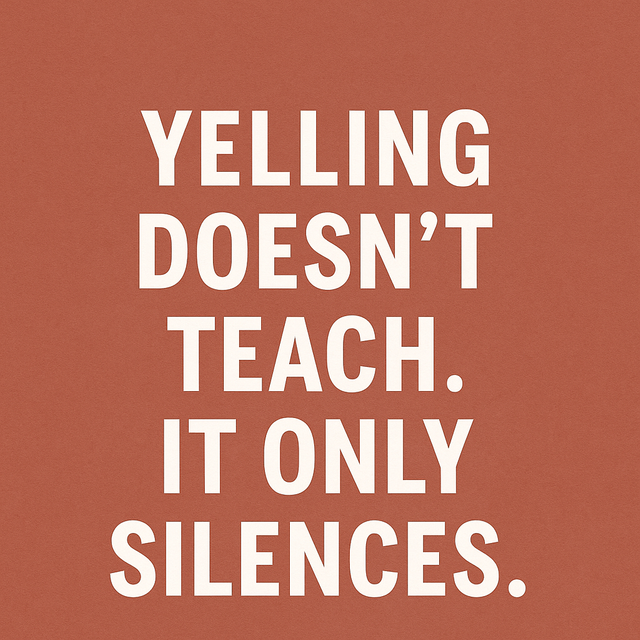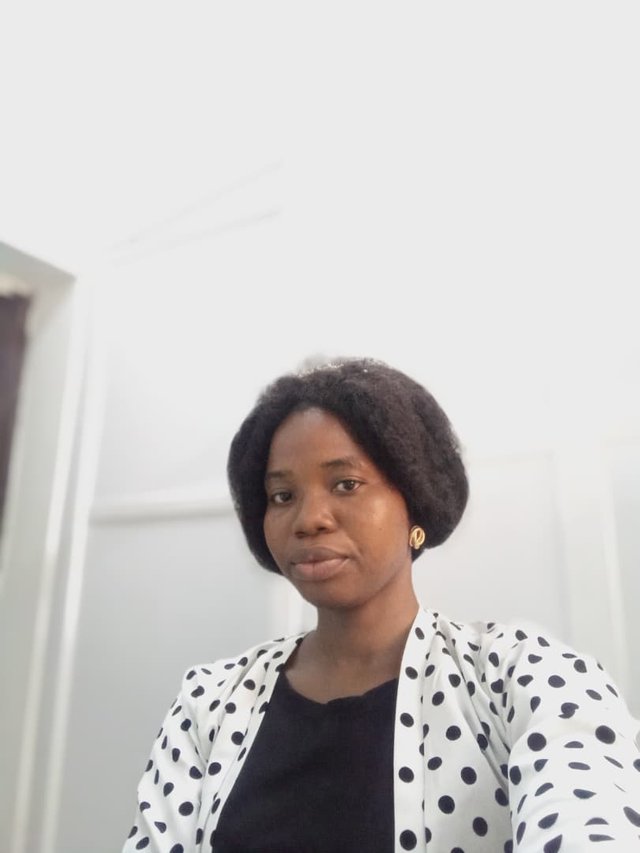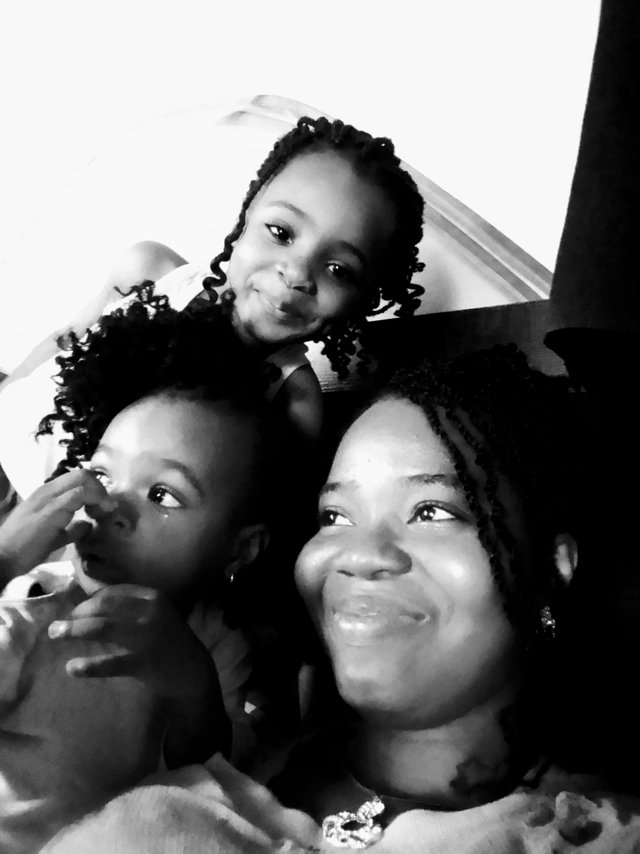Why Do We Yell at Kids? A mother’s reflection on love, discipline, and learning better ways.
As a little girl, I was sensitive to words. Yelling cut deeper than any spanking. I still remember how my chest tightened whenever an adult raised their voice at me. Tears would flow, not just because of what was said, but because of how powerless I felt.
Like many African children, spanking was common in my home. And as painful as it could be, I often preferred it to the sharp sting of words shouted at me. Back then, I used to promise myself: “When I grow up, I won’t yell at my kids. I’ll be different.”

But motherhood has a way of exposing you.
When my own children came along, I found myself doing the very thing I hated, raising my voice. It started small: frustration here, tiredness there. And before I knew it, yelling became my quick fix.
Yes, it gets temporary results. My kids stop what they’re doing. They cry, they comply, for a while. But soon, they slip back into the same patterns. Why? Because yelling is not teaching. It’s not guiding. It’s not even true discipline.
Yelling is a reflection of us, not them. It shows that we are out of control, not the children. It is fear disguised as authority, fear that we are not being heard, fear that we are losing control, fear that we can’t manage without force.
And worse, it teaches children that power equals raising your voice, that whoever yells the loudest wins. Do we yell at adults when we want to correct them? No. Then why do we treat children differently?

Yelling Hurts More Than We Know
When we yell, we might silence a child’s behavior for the moment, but inside, we are planting seeds of fear, insecurity, and even rebellion. I know this, because I was that little girl who cried in silence, promising herself she would never be like the adults who raised their voices.
But here I am, learning to unlearn. Because truthfully, yelling is not a reflection of their badness, it is a mirror of my brokenness. And if I don’t heal, I will keep bleeding on children who never hurt me.
So, What Can We Do Instead?
I am not perfect. I am still a work in progress. But here are some things I’ve been learning:
Pause Before Reacting
When I feel the heat rising, I remind myself: “This is about me, not them.” Sometimes just walking away for a minute can save me from saying hurtful things.Lower Your Voice, Not Raise It
Children often respond better to calm firmness than loud anger. Whispering even gets more attention than shouting.Explain, Don’t Just Demand
Instead of “Stop doing that!”, I try to explain why something is wrong. Kids are more likely to change when they understand the reason behind a rule.Use Natural Consequences
If my child refuses to do homework, instead of yelling, I let them face the result at school. Life has a way of teaching lessons more effectively than shouting ever can.Acknowledge My Mistakes
When I yell, I apologize. This teaches my kids that parents are human too and that making mistakes doesn’t disqualify us from love.
.jpeg)
This isn’t just about parenting. It’s about healing cycles of brokenness that have passed from generation to generation. Many of us yell because that’s what we know. But if we dare to learn new ways, we won’t just raise disciplined children, we’ll raise secure, emotionally intelligent adults who don’t have to recover from their childhood.
We need to create more awareness about this, because yelling is often seen as normal parenting. It’s not. It’s a wound disguised as discipline. And the sooner we face it, the sooner we can heal ourselves and our children.
I’m still learning. Still failing sometimes. Still catching myself when my voice rises higher than it should. But every day, I remind myself: my goal is not to control my children with fear but to raise them with love, patience, and understanding.
Maybe you’re like me, still on this journey. If so, know this: you’re not alone. Healing is possible. And together, we can break the cycle.
You have consciously developed your role as a mother, reflected on your own upbringing, and drawn conclusions from it. For me, it was all more of a natural process—I didn't yell because my voice can't do it; I'm basically permanently hoarse. And I hate loud people. So I speak quietly. If you want to understand me, you just have to listen... And so on. It worked in a way. It became extreme for my children when they were confronted with the other side, the noise and shouting and arguing...
Thank you so much for sharing this. 🌸 I find your perspective very inspiring. Sometimes our limitations (like your hoarse voice) actually become hidden blessings that shape the way we parent. I love how you turned that into quiet communication, teaching your children to listen closely rather than respond to volume.
You’re so right about the challenge when children then experience the “other side” of yelling and loudness outside the home. It’s almost like they discover a different world of communication, and it can be jarring for them. Your story is a reminder that gentleness is effective, even when the world sometimes suggests otherwise.
I’m encouraged to keep learning from parents like you. Thank you for adding this depth to the conversation; it shows there isn’t just one way to raise our kids, but that intentionality matters most. 💛
Shared on x
https://x.com/lifeofladey/status/1957477072894652908
I know someone who needs to see this, and I won't fail to show her once I see her.
Te message here is well passed and I must commend you for it.
Thank you so much, i am glad you find value in it.